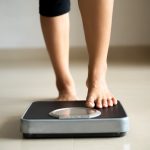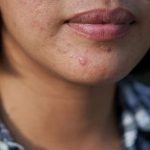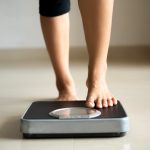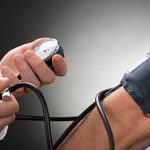
Gun advocates often claim that mental illness is the driving force behind mass shootings in the United States. But new research argues that gun violence is more likely driven by the massive numbers of firearms available throughout the country, providing easy access to anyone with a homicidal bent. In the study, investigators compared mental illness and gun violence between three countries — the United States, Australia and the United Kingdom. The United States has a rate of mental illness not much different than those of the U.K. or Australia, the researchers said. Nearly 16% of Americans had some sort of mental illness in 2019, compared with about 18% in Australia and 14% in the U.K. But in the first half of 2023, the United States had experienced about 21,000 gun homicides among a population of 335 million, compared to 225 murders among 26.4 million in Australia and about 200 killings among 67.7 million in the U.K. “The U.S. is experiencing more than 10 times higher death rates from gun violence than Australia and more than 40 times higher death rates than the U.K.,” said researcher Dr. Charles Hennekens, a professor with the Florida Atlantic University Schmidt College of Medicine in Boca Raton. What is different between the three countries is the number of firearms freely available, his team noted. There are about 393 million guns owned… read on > read on >
























-300x200.jpg)













